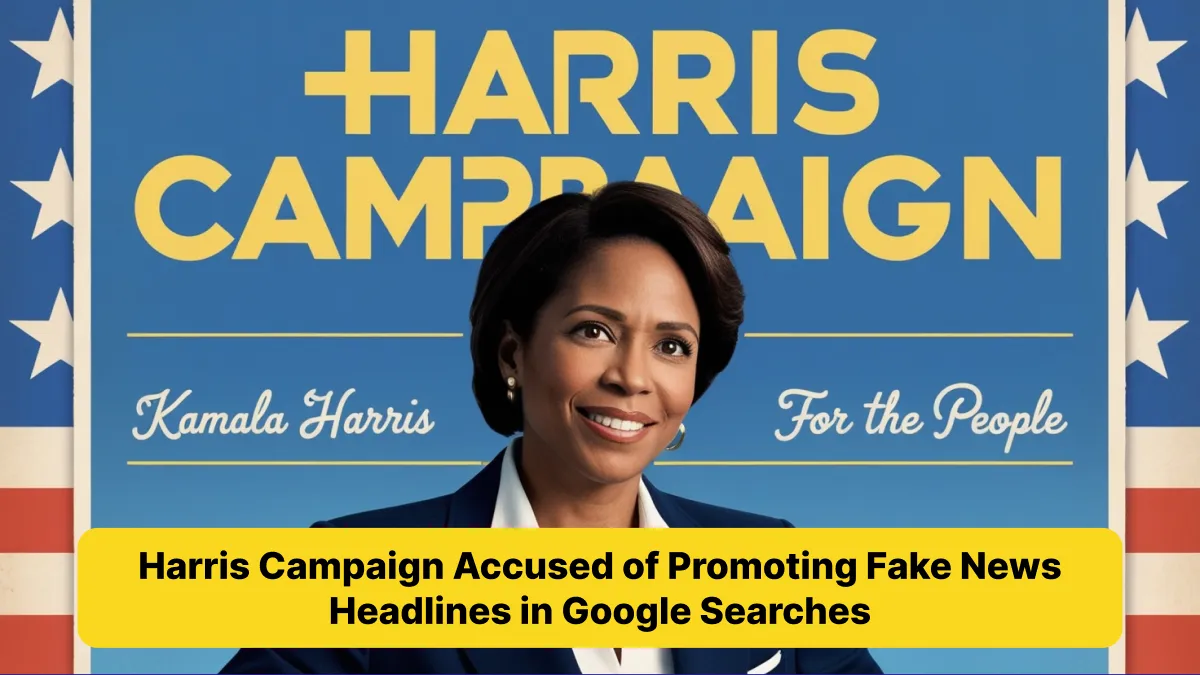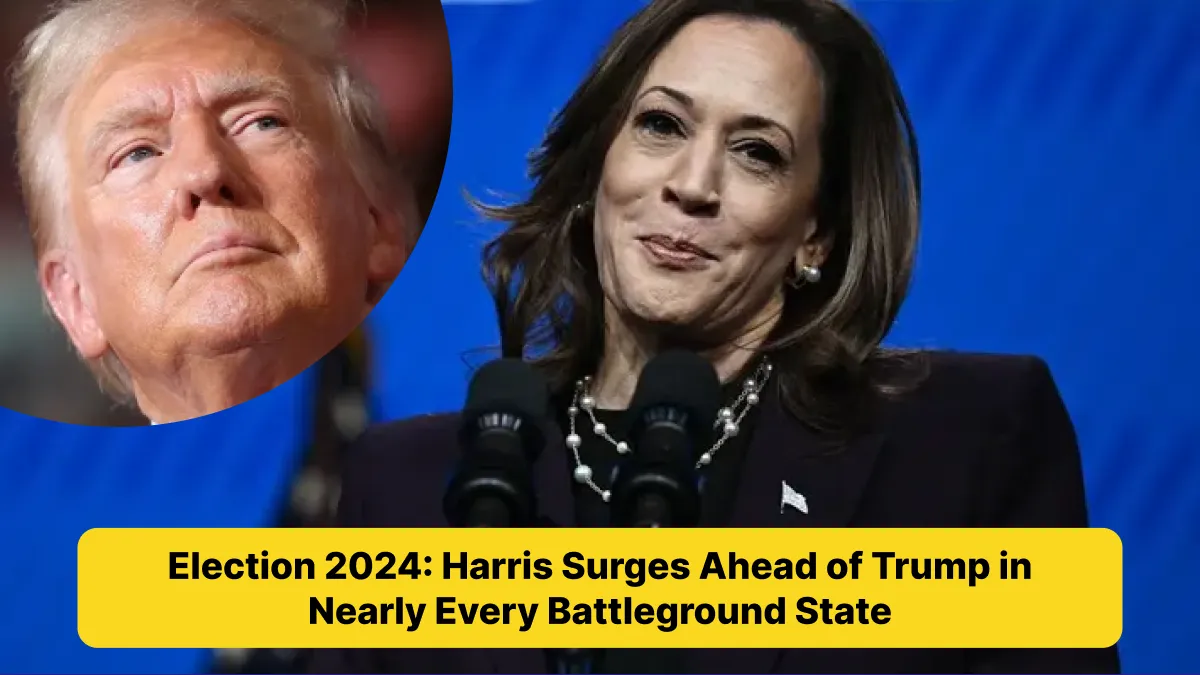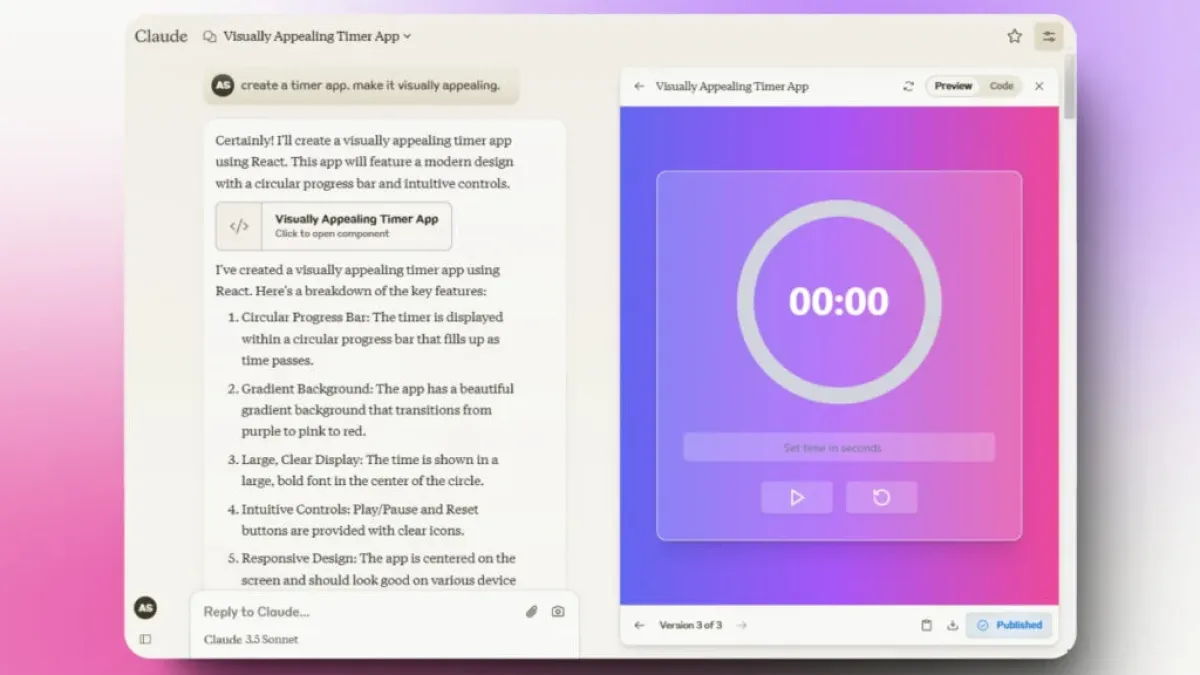Washington, D.C. – A shocking revelation has come to light. The campaign team of Vice President Kamala Harris is accused of using deceptive tactics. Reports suggest that the Harris campaign promoted fake news headlines in Google searches. This has raised concerns among citizens and political analysts alike.
The Allegations
Recently, several individuals noticed misleading headlines appearing in their Google search results. These headlines appeared to favor Kamala Harris. At first glance, they looked like legitimate news stories. However, upon closer inspection, they were found to be misleading or completely false. The content of these articles often exaggerated Harris’s achievements or discredited her political opponents.
The news headlines seemed to appear whenever users searched for information related to Kamala Harris. Many believe this was not a coincidence. The frequency and consistency of these headlines point to a well-coordinated effort. The goal appeared to be clear: manipulate public opinion in favor of Kamala Harris.
How It Happened
Experts have provided some insight into how these fake news headlines might have been promoted. The Harris campaign, they suggest, could have used a combination of search engine optimization (SEO) techniques and paid advertisements. SEO is a strategy used to make certain web pages appear higher in search engine results. By using specific keywords and phrases, these fake headlines could have been pushed to the top of search results.
Paid advertisements also played a role. Campaigns often buy ads that appear at the top of search results. These ads can look like regular news articles. This could explain why many people saw the fake headlines without realizing they were not genuine news stories.
Public Reaction
The public reaction to these allegations has been strong. Many people feel betrayed by the Harris campaign. They trusted Google to provide accurate and unbiased information. Now, they are questioning the integrity of the search results they rely on every day. Social media platforms are buzzing with discussions about the incident. Hashtags like #FakeNews and #HarrisCampaign have been trending.
Political analysts are also weighing in on the situation. Some believe this incident could damage Harris’s reputation. Trust is a critical factor in any political campaign. If voters feel they have been misled, it could have serious consequences for her future political aspirations.
Google’s Response
Google, as the world’s leading search engine, has also come under scrutiny. Users are demanding answers from the tech giant. How did these fake news headlines appear so frequently in search results? What measures will Google take to prevent this from happening again?
In response, Google issued a statement. The company assured users that it takes these concerns seriously. They are investigating the matter to understand how the fake headlines managed to bypass their filters. Google also promised to enhance its algorithms to detect and block such deceptive content in the future.
However, some experts remain skeptical. They argue that Google’s algorithms, while advanced, are not foolproof. The ever-evolving nature of SEO tactics means that bad actors will continue to find new ways to exploit the system.
The Broader Implications
This incident has highlighted a larger issue in the digital age. The spread of fake news is not a new problem. However, the methods used to distribute this information are becoming more sophisticated. Political campaigns are increasingly relying on digital platforms to reach voters. While this can be a powerful tool for engagement, it also opens the door to manipulation.
For voters, this incident serves as a reminder to be critical of the information they find online. Not everything that appears in a Google search is true. It is important to cross-check facts and look for reliable sources before accepting any information as accurate.
What’s Next?
As the investigation continues, the Harris campaign has not yet made a public statement addressing the allegations. It is unclear whether the campaign will face any legal consequences. The Federal Election Commission (FEC) and other regulatory bodies may look into the matter further.
In the meantime, voters are left with more questions than answers. The incident has sparked a debate about the role of technology in politics. How much influence should digital platforms have on public opinion? And what safeguards should be in place to prevent the spread of misinformation?
As this story develops, one thing is certain: the integrity of information in the digital age is more crucial than ever. Voters deserve transparency and truth, especially in the political arena. The Harris campaign will need to address these concerns head-on if they hope to regain public trust.









